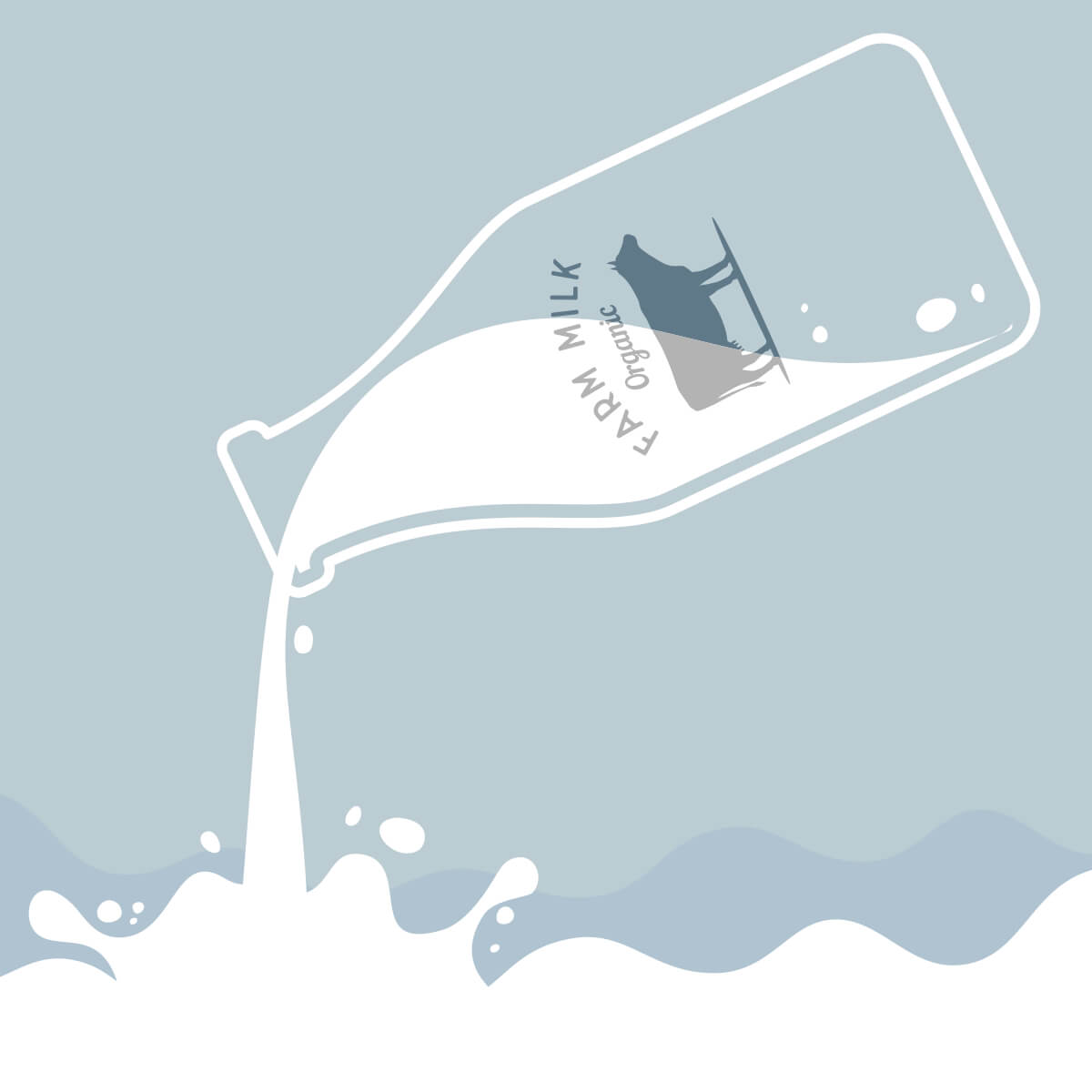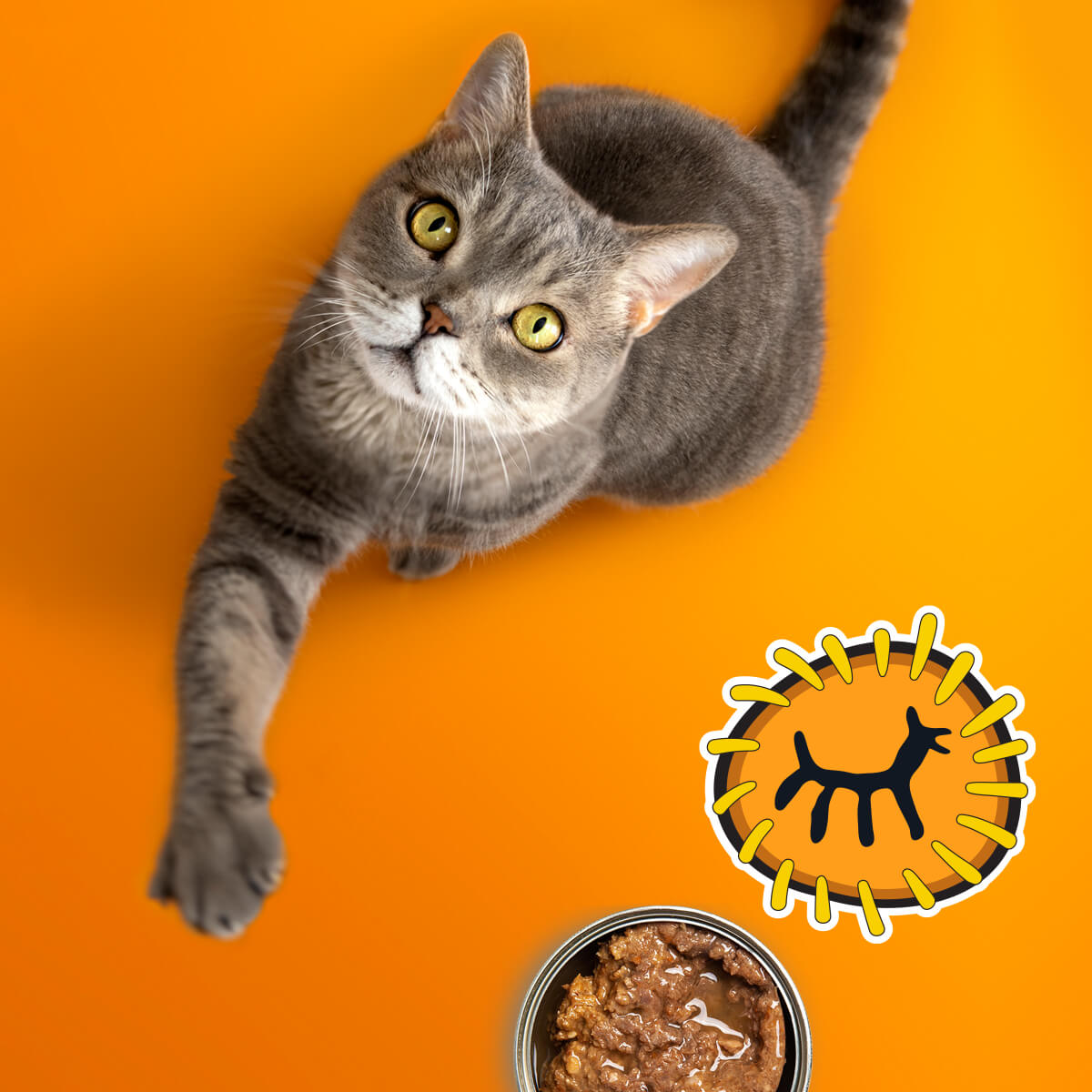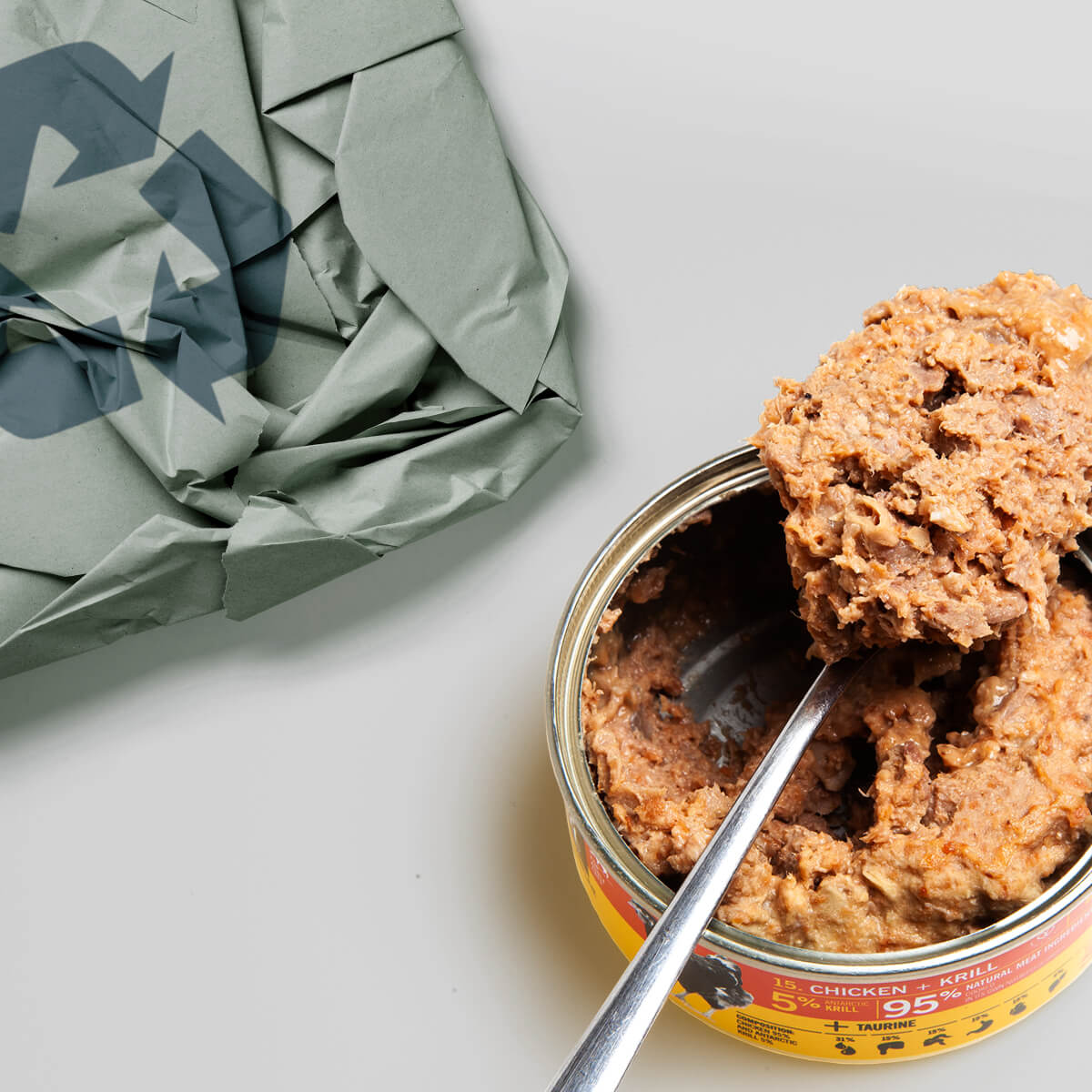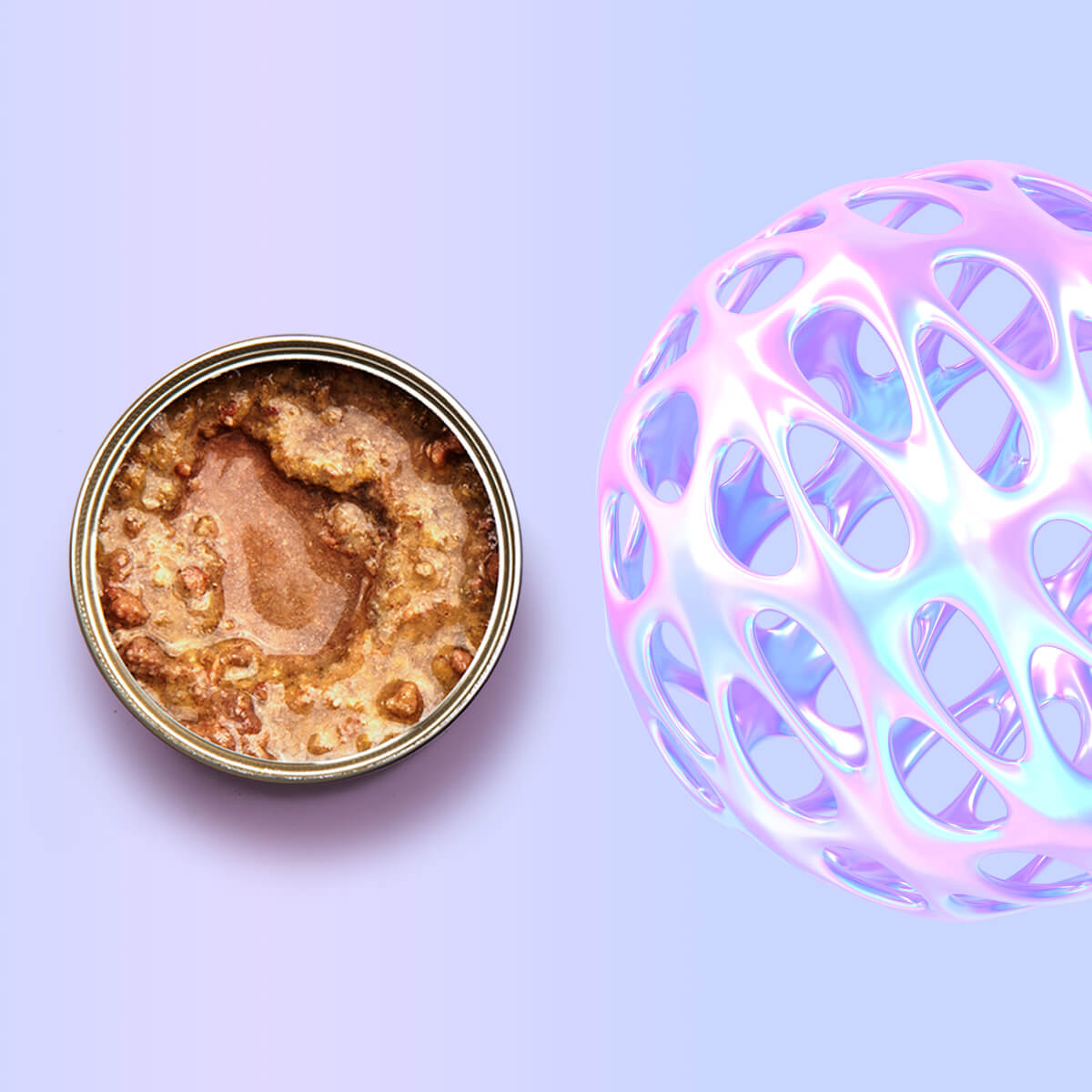Why the carbohydrate content of cat food matters
When it comes to feeding your cat, understanding the role of macronutrients like carbohydrates and proteins is essential. Cats are obligate carnivores, meaning their bodies are designed to thrive on a protein-rich diet, unlike omnivores like humans or dogs.
Proteins are the base of your cat’s nutrition, as they support muscle development, organ function, and overall health. Essential amino acids found in animal proteins, such as taurine, are vital for your cat’s heart and vision, reproductive system and brain function. On the other hand, carbohydrates, often referred to as “carbs”, provide very little nutritional value for cats and can contribute to weight gain, digestive issues, or diabetes, if fed to cats in excess.
The carbohydrates consumed by lions and other obligate carnivores typically come indirectly from the stomach contents of their herbivorous prey. Big cats, like lions, are not adapted to extract significant energy from carbohydrates and rely predominantly on protein and fat for their nutritional needs. Domestic cats have evolved in more recent times, hence they are not much different from their big cousins when it comes to carbohydrates.
The fact that cats evolved by consuming low-carbohydrate prey and the increased understanding of the unique feline metabolism suggests that maybe high-carbohydrate diets could have a negative effect on feline health. Researchers have evaluated high-carbohydrate diets as a risk factor for the development of feline obesity and diabetes mellitus. Research is also underway on using low-carbohydrate diets for the prevention and treatment of these metabolic diseases.
While cats can digest carbohydrates to some extent, small amounts may not pose a major issue. Nevertheless, at 3coty®, we have chosen to follow a strict carnivore diet philosophy, which is why our products are made exclusively from meat.
Want to make better choices for your cat’s diet? Read about natural cat feeding and give your feline the care they deserve!
Did you know?
Cats need protein from animal sources, as their bodies are specifically adapted to digest and utilise nutrients from meat. Humans, however, can thrive on proteins from both animal and vegetable sources. While carbohydrates are a crucial part of the human diet, except for those following a ketogenic (keto) diet, cats thrive on a meat-only diet. In fact, the keto diet for humans mirrors the natural dietary needs of cats, emphasizing high fat, moderate protein, and minimal carbohydrates.






